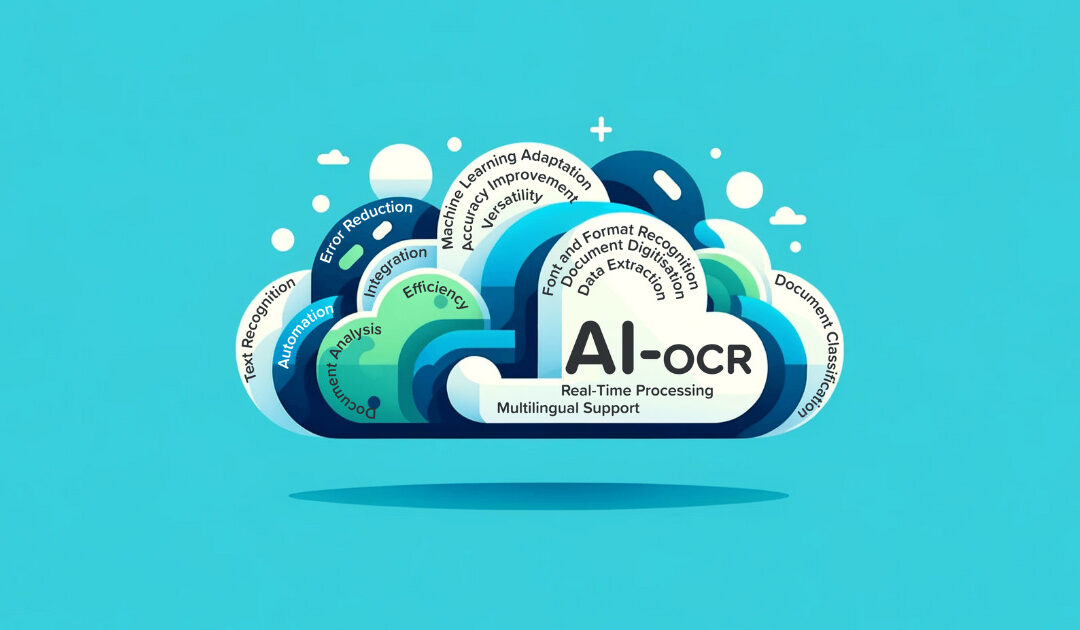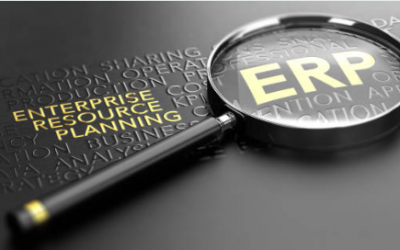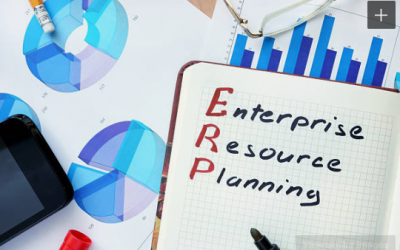Efficient logistics management is crucial for businesses to stay competitive and meet customer demands. Let’s explore how ERP systems support and enhance the management of third-party logistics, offering benefits such as enhanced visibility, streamlined operations, and data-driven decision-making.





